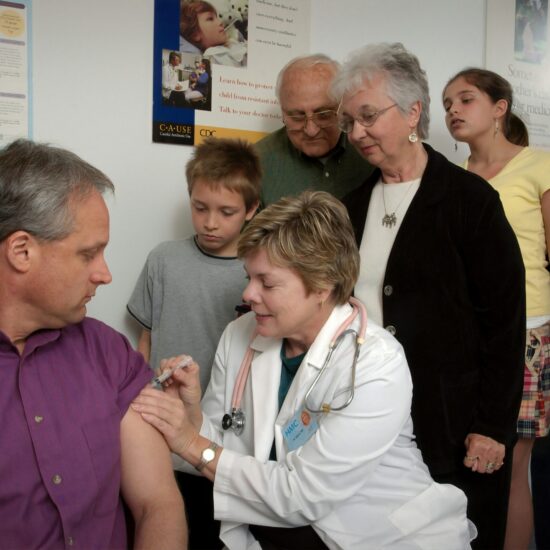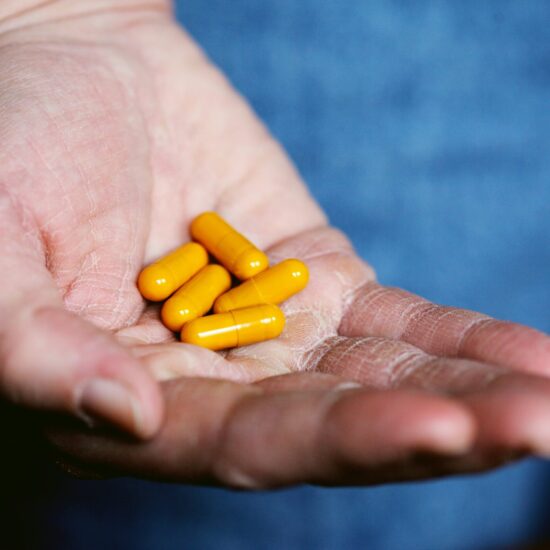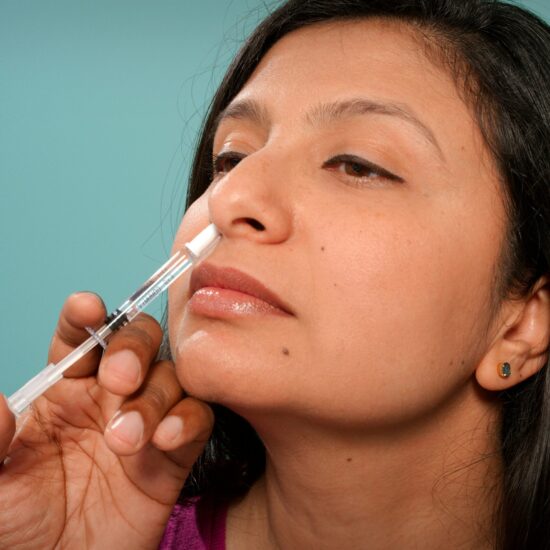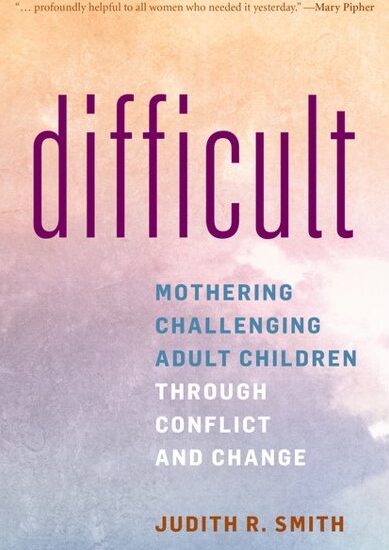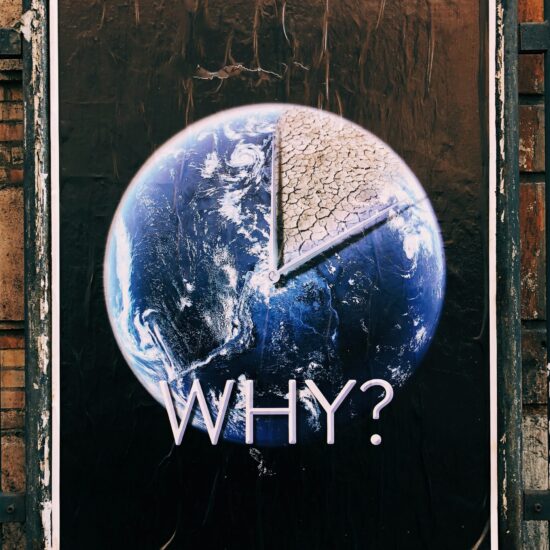This guest post is by David Benton, Chief Executive Officer, International Council of Nurses. The International Council of Nurses (ICN) is a federation of more than 130 national nurses associations (NNAs), representing the more than 16 million nurses worldwide.
5 June 2014 Global Anti-Counterfeiting Day
In 2011, in Arizona, a nurse administering medication to a cancer patient was startled by his reaction to the drug – he began shaking in the middle of a transfusion and the infusion had to be discontinued. The medicine, it turns out, was fake; a cocktail of salt, starch, acetone and a variety of other chemicals, and lacking the active ingredient of the real medicine. The fake drugs had been shipped to 19 US cancer clinics.
Unfortunately, this is not a unique case. The United States Food and Drug Administration estimates that counterfeits make up more than 10% of the global medicines market and are present in both industrialized and developing countries. It is also estimated that one medicine in two purchased on Internet sites that hide their physical address is fake.
In 2009, Francis Ortiz Gonzalez was arrested when investigators found more than 100,000 pills made to resemble a variety of popular prescription medications, including Viagra, Cialis, Valium, Xanax and Lipitor.
Earlier this year, the UK’s Daily Mirror reported on black market abortion tablets which were being sold online to young teenage girls too scared to tell their parents they are pregnant. These pills can kill if taken in the wrong dosage.
In order to combat this threat, the International Council of Nurses (ICN) has joined Fight the Fakes, the multi-stakeholder
campaign which aims to raise awareness about the dangers of fake medicine by giving a voice to those who have been personally impacted and sharing the stories of those working to put a stop to this threat to public health. It seeks to build a global movement of organisations and individuals who will shine light on the negative impact that fake medicines have on people around the globe and to reduce the negative consequences on individuals worldwide.
ICN believes that if we are all aware of the existence of fake medicines and the dangers they pose, we will be better at putting pressure on our governments, and all those involved in the manufacturing and distribution of medicines, to coordinate actions to tackle this public health threat on a global level.
Fake medicines put patients and the general public at risk. They trick patients into believing they are receiving genuine treatment, when instead they are getting deceitful products that could cause further illness, disability or even death. Furthermore, fake medicines pose a public health danger as they can contribute to the development of treatment resistance. And they undermine patients’ trust in health systems, their governments, health care providers and manufacturers of genuine medicines.





